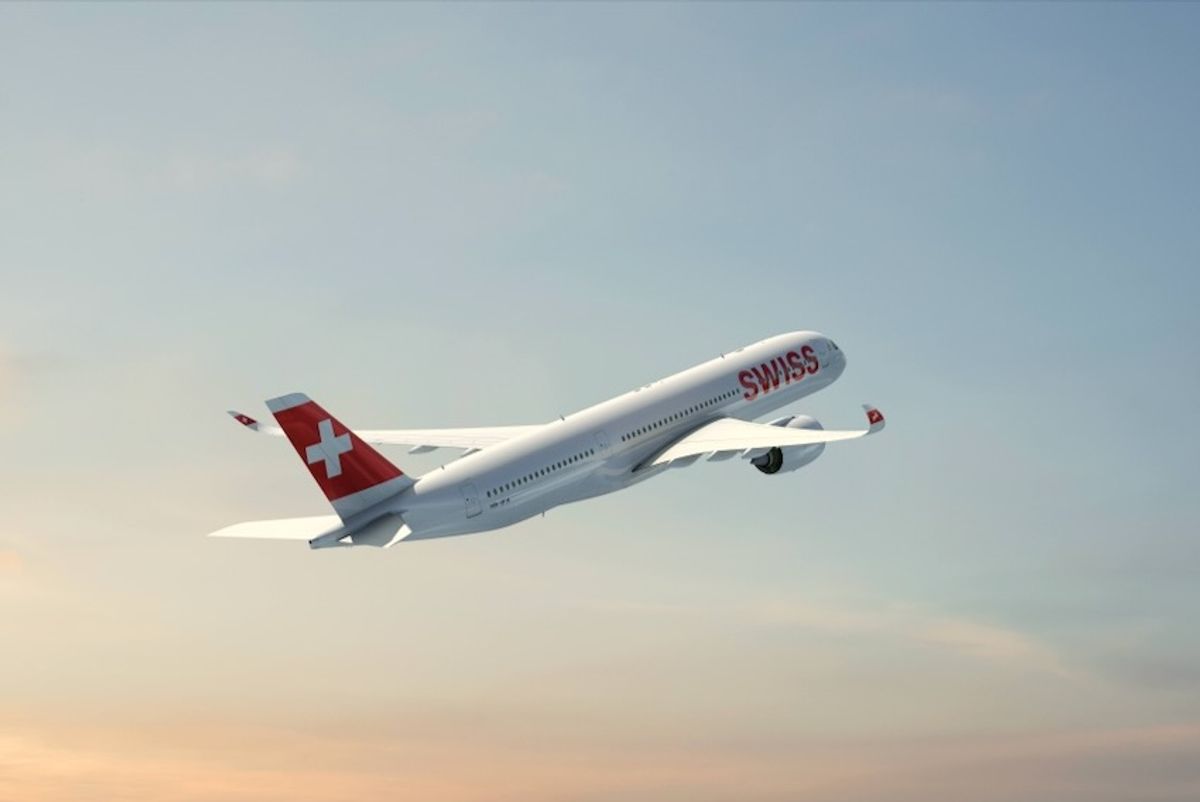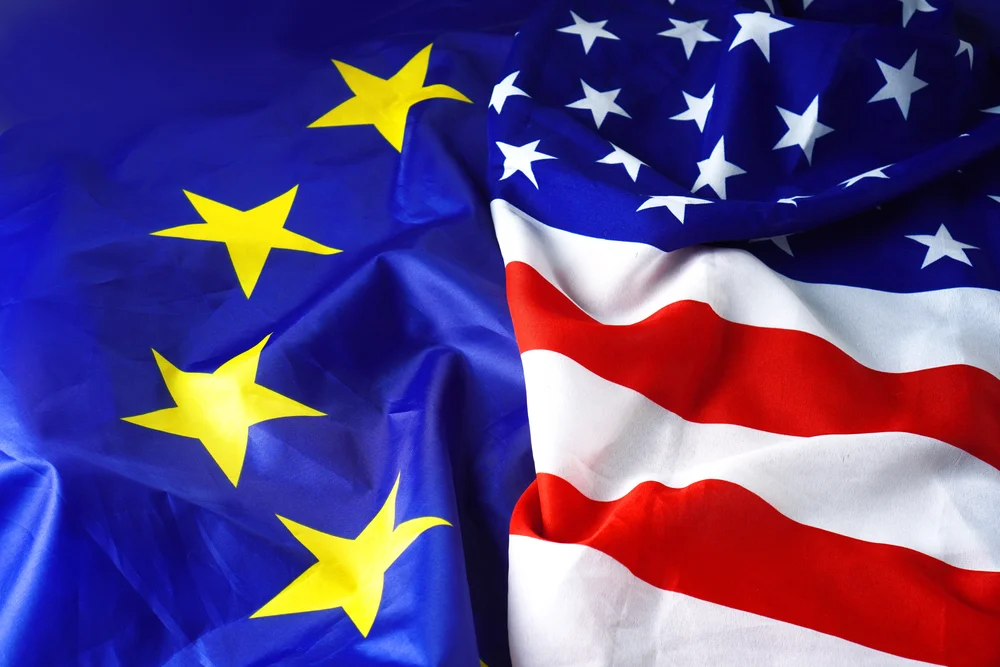Football
Super League rebrands itself as Unify League: how does the new European football competition work

Forget about the Super League. At least, do not call it by that name anymore: the controversial project launched by Florentino Pérez, president of Real Madrid, intending to compete with UEFA Champions League, has been given a big paint job, and now it’s called Unify League.
A22, the organising body behind what was previously known as European Super League, or ESL, has announced it today to the public on a press release, at the same time as it launches the proposal for submission to UEFA and FIFA to obtain official recognition.
After garnering the opposition from UEFA, clubs and fans alike -with Real Madrid and FC Barcelona being their last two supporters-, this Unify League has been revised adressing feedback from multiple organizations including clubs, leagues and other parties, concerning topics like qualification system, which will work based on annual performance on domestic leagues, in a similar vein as UEFA competitions (men’s Champions League and Europa League, and the brand new women’s UEFA Europa Cup, announced yesterday).
How does the Unify League works
The proposal would feature 96 men’s clubs, divided in four leagues: Star, Gold, Blue and Union -those also divided into subgroups- playing home and away matches, guaranteeing a minimum of 14 matches during the regular season for each club, followed by a 8-club knockout stage to determine the league champion. The women’s competition would be similar, but with 32 teams.
Those games would be played midweek, and according to A22, “the competition fits seamlessly into the existing match calendar without increasing the number of matchdays”.
https://www.youtube.com/watch?v=_mCMjdrQIKQ/
The main way in which Unify League aims to capture public’s interest is by announcing it will be completely free to watch: Unify will be the name of a streaming app that will host all live matches, with a free (with ads) plan ” as well as affordable premium subscriptions”.
Bernd Reichart, CEO of A22, insists that they have the law on their side, after a ruling from the Court of Justice of the European Union in December 2023, that said that “any competition where qualification is inclusive and meritocratic, and which complies with the overall match calendar can be officially established”, proving that UEFA doesn’t have a monopoly in European football.
Now, it’s up to stakeholders, the clubs, as well including UEFA and FIFA, to endorse this competition, “to bring real innovation that prioritizes fan experience and affordability, player welfare and match competitiveness”. Although it is hard to imagine how another long format football competition between the top teams in Europe can be sustained at the same time as UEFA’s own competitions, domestic leagues and cups, all while respecting player’s wellbeing.










